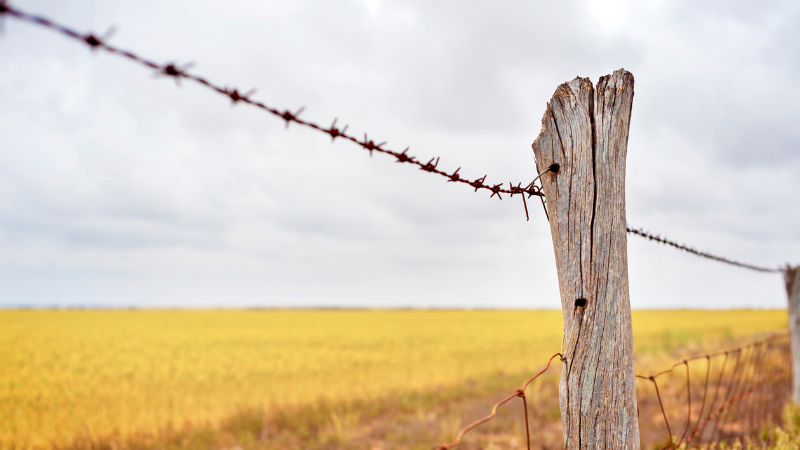By Saintly Ngwenya
With the growing interest in commercial farming in recent years, many ideas are coming up on how to protect farms and farming lands. Fences can be constructed to mark out peripheral boundaries to avoid conflicts with neighbouring farmers. These are usually raised permanently. They can also be constructed on temporary basis within the farm to mark paddocks, to enclose young stock and protect some crops. The purpose to which the fence is going to serve determines the type of fence, construction material and cost of erecting it.
Farm fencing is a very costly investment which requires proper planning and time. Therefore, the farmer needs to select a fence which is within your means, lasts longer, easy to maintain and serves the purpose of keeping out unwanted intrusion and prevent unnecessary movements. Before constructing any type of fence, the farmer needs to research and consult extensively sine this is a lifetime investment. One has to look for certain features on the farm which might affect fence style like existing structures, natural features like hills and rivers, public roads and railway passing close or through the farm. All these features play a part in determining type of fence to be used.
There are several types of fences which can be raised on farms. These include post and rail, wire netting, barbed wire, plain wire, mesh fencing and live fencing. Barbed wire is the widely and commonly used fence as it is very effective in confining livestock and marking out paddock divisions. It can be used together with plain wire to cut costs. Mesh wire fence are strong and effective. However, they are costly and therefore necessary for young stock and valuable crops. Live fencing is very cheap and if done properly very beautiful. This involves the use of trees and/or thorny hedges to mark out periphery. Nevertheless, they can easily be breached by aggressive livestock and damaged by veld fires.
In any case, farmers are encouraged to put fences on their farms to avoid loss of livestock and paying out neighbouring farmers where crop damage occurs. Advice from extension officers has to sought out for proper fencing to be done. We encourage farmers to invest in fencing as a sign of true commercial farming commitment.

